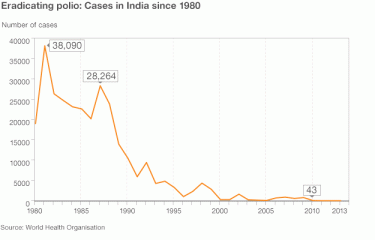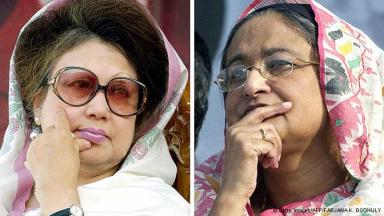It has been announced that the level of unemployment in the UK now stands at 7.1%. The Office for National Statistics (ONS) said that in the 3 months leading to November (2013) 170,000 people gained employment and the number of people claiming Jobseeker’s Allowance (money unemployed people can get when searching for work) has decreased by 24,000.
In today’s Prime Minister Question time (http://www.parliament.uk/business/news/2014/january/prime-ministers-questions-22-january-2014/) the Labour Party leader, Ed Miliband, said he “welcomes the fall in unemployment” because “whenever an individual gets back into work, it’s good for them and good for their family.” However, he did argue that despite these seemingly good statistics the average annual wage had decreased since 2010 by £1,600.
David Cameron, the Prime Minister, also commented on the decrease of unemployment calling the last quarter “the biggest ever quarterly increase in the number of people in work in our country.” George Osborne, the Chancellor of the Exchequer, also commented favourably on the increase employment at the World Economic Forum in Davos stating that the increase in employment shows his economic plan is working.
The decline of unemployment has been so rapid that experts had predicted these sorts of levels would be reached either later this year or even early 2015 (according to over half of the 28 economists polled) . Chris Williamson, chief economist at Markit, believes this is set to continue and unemployment will “continue to collapse”
The Bank of England had previously declared that they may increase interest rates from 0.5% when UK unemployment reaches 7%. The benefits of increase interest rates would mean that people get more money coming into their bank accounts and prices of houses will go down. However, an increase of interest rates would result in the cost of borrowing money to increase meaning that small businesses could suffer.
Thanks for reading and please do share,
Digestible Politics
https://www.facebook.com/pages/Digestible-Politics/476112109093593?ref=hl






